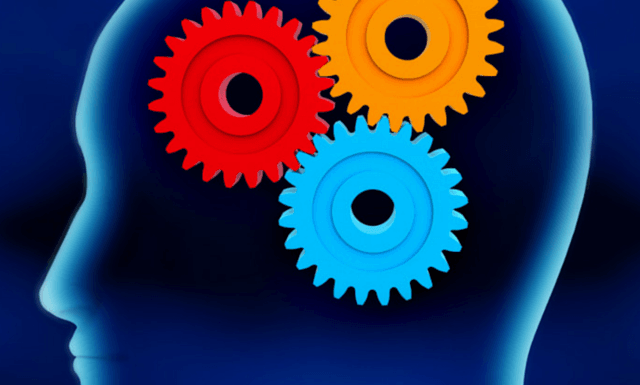The importance of monitoring the development of a child’s brain is essential to discovering the most effective classroom teaching methods, with influential classrooms and education proving to be absolutely vital.
Experts are now able to study how a child’s brain works and how it develops, which is constantly changing our views on education. Here are five ways education will change in the future to comply with the modern day demands of the very latest neuroscience discoveries.
Changes to Study Methods
What we have learnt so far from our in-depth research of the brain and its storage functions is how memories are created and how they are lost. This is the perfect platform for education to adapt and introduce leading methods of teaching that help children retain information from the classroom.
You are likely to witness new responsibilities as a parent when it comes to study plans and learning schedules. One of the findings suggests that children are better off with spaced-out learning rather than be bombarded with constant information over a small amount of time. This makes information more memorable later on when in examination circumstances.
Music and Language
Neuroscience has discovered that learning music has a significant impact on cognitive function. This was first pursued as a method of storing information when it was found that listening to music could make studying easier and improve memory. Learning about rhythm, notes and songs may have a direct link to how the brain develops between infancy and teenage years.
Neuroscience has looked to unearth the reason why this is the case, with the brain possessing the capacity to create new connections through music which in-turn contributes to an improved IQ, memory and attention. In other words, get your child to the nearest music school!
The Importance of Educational Parenting
A child will often bring what they learn from school home with them, so it’s vitally important that, in order to promote the retention of information, that parents get involved in the topics learnt on that same day.
Parents play a huge role in the emphasis of a positive school program and also play a huge role in their educational development in general. Neuroscience has found that basic benefits such as good food and exercise have a positive effect on the brain, yet some are slightly less obvious, with certain rewards bringing about different levels of brain development.
Bilingual Advantages
Learning a second language works in a similar way to adopting musical taste. This has a direct impact on how the brain develops and grows. According to studies in neuroscience, a child who has grown up learning solely English words will not perform as well as a child who has grown up learning two or more different languages.
“Neuroeducation”
Preparing brains for learning is something we’re likely to hear a whole lot more about in the future. Instead of developing the areas of the different areas of the brain to improve educational performance, neuroeducation will seek to create new avenues for children to utilise and improve upon.
A child with considerable brain capacity will learn faster, have an improved IQ and remember more. Neuroscience has shown that the brain can be altered to meet specific development goals or “rewired”, a term based on neuroplasticity.
This article was provided by Jordan of www.thinkchangeconsulting.com, a London based practice specialising in utilising neuroscience in a business environment.

Leave a Reply